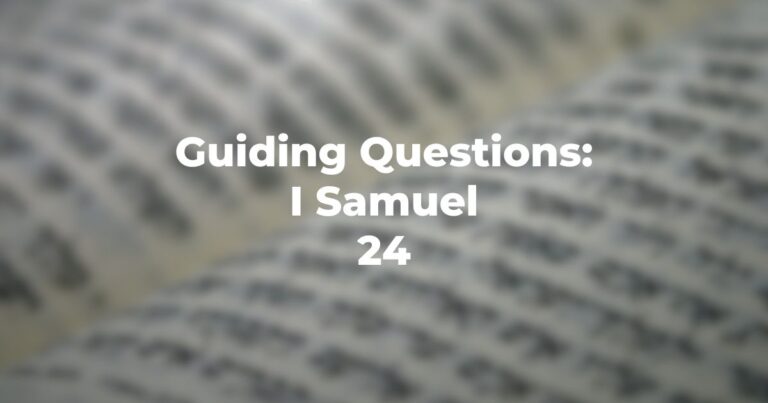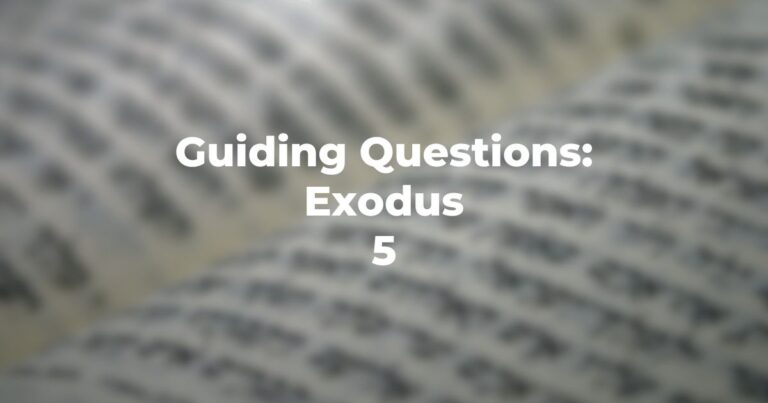- For a lineage of Elchanan see I Chronicles 6:7-12. Does the fact that Elchanan was a descendant of Korach surprise you?
- When were the appointed times that Elchanan would visit the “altar” in Shiloh?
- I Samuel 1:5 mentions that Elchanan loved Hannah and that the Lord had “shut her womb.” Is this story reminiscent of other stories in the Tanach? What might be the religious message from the motif of the barren woman? Is there any theological import of such a tale?
- In a MishnahA collection of rabbinic teachings edited in Israel around 225 CE. Organized in six sedaraim by subject matter and dealing with both ritual and civil law. Both the Jerusalem and Babylonian Talmud are expansive discussions of the Mishnah. Read more the Rabbis make an interesting statement about Samuel. Nazir 9:5 reads — “Samuel was a Nazir,” according to the words of Rabbi Nehorai, since it said, “and no razor [morah] shall come upon his head” (I Samuel 1:11). In regard to Samson it is said, “and no razor [morah] shall come upon his head.” (Judges 13:5) and concerning Samuel also it is said, “And no razor….” Just as the reference to razor in the case of Samson means that he was a Nazir, so the reference to a razor in the case of Samuel means that he was a Nazir. Why do the Rabbis draw this comparison? What are the similarities and differences between Samuel and Samson? Was it significant that Samuel may have been a Nazir? How might this have affected his relationship with God?
Author
-

Exploring Judaism is the digital home for Conservative/Masorti Judaism, embracing the beauty and complexity of Judaism, and our personal search for meaning, learning, and connecting. Our goal is to create content based on three core framing: Meaning-Making (Why?), Practical Living (How?), and Explainers (What?).
View all posts




